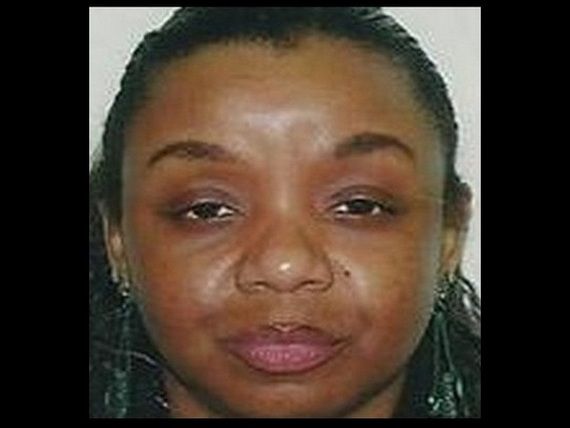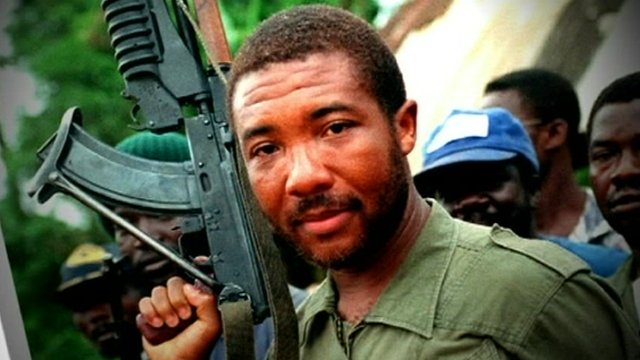“Justice denied anywhere diminishes justice everywhere” – Martin Luther King
This morning Mr Justice Lussick, the Presiding Judge in a courtroom in The Hague, sentenced Charles Taylor to 50 years in prison for “some of the most heinous crimes in human history”. Taylor has thus become the first former Head of State to be convicted of war crimes since the Nuremburg trials seventy or more years ago. And this sentence, if upheld, means that he will in all probability spend the rest of his life behind bars.
Is that justice? That depends on what you mean by “justice”. Some Sierra Leoneans tell me that this outcome was not justice in their eyes. The suffering that he caused, they say, was such that he deserved no less than the death penalty. Others believe that the trial itself was an expensive waste of time. The money spent on it, they insist, would have been better spent helping the victims of the war that he helped unleash. Still others want more of the leaders of the rebel war to be held to account for their actions.
So was it worth it? Convicting Charles Taylor took six years’ unremitting effort and cost millions of dollars. And the case is not complete yet: appeals will keep the court busy for another six months or more. The sentence handed down this morning may not have been what everyone wanted. But it follows a public and meticulous examination of the facts. It stems from a thorough consideration of the role Taylor has been proven to have played. And it adheres strictly to the tenets of international law.
Does that matter? Yes it does. Due process is the best defence we have for the weak, the greatest hope for the vulnerable. Peace is not the absence of war but the presence of Justice. Winston Churchill once said that the whole history of the world is summed up in the fact that when nations are strong they are not always just, and when they wish to be just they are no longer strong. And there, to my mind, is the clearest explanation possible of the case for an international system that can deliver justice where the nations involved are not strong enough to do that themselves.
Access to international justice, for all its imperfections, means a great deal to this country, where the scars of war are still so fresh. It means even more to other countries where the fires of war still rage. The massacre in Houla at the weekend demonstrates vividly that atrocities continue: innocent civilians are still being terrorised, innocent lives are still being snuffed out by aggressive, pitiless acts of war. In Syria and in South Sudan, in Somalia and in Sri Lanka leaders are aware that their actions are being observed, weighed and recorded. And that one day they, too, could find themselves called to face a panel of judges in a courtroom in The Hague and taken to task for those actions.
And that is why the trial, conviction and sentencing of Charles Taylor matters.
Get involved and tell the High Commissioner what you think at: http://ukinsierraleone.fco.gov.uk/en/
Ian Hughes, British High Commissioner Blog
Stay with Sierra Express Media, for your trusted place in news!
© 2012, https:. All rights reserved.





